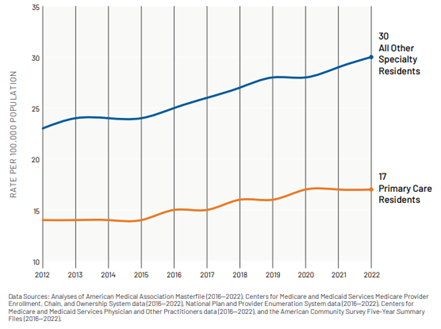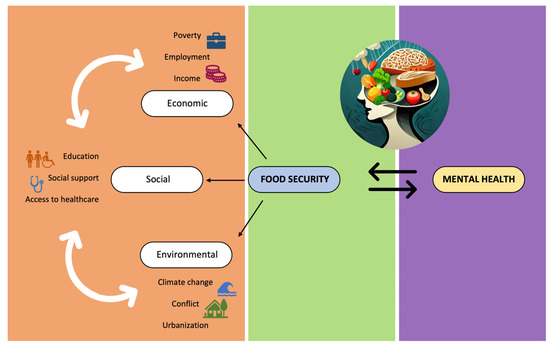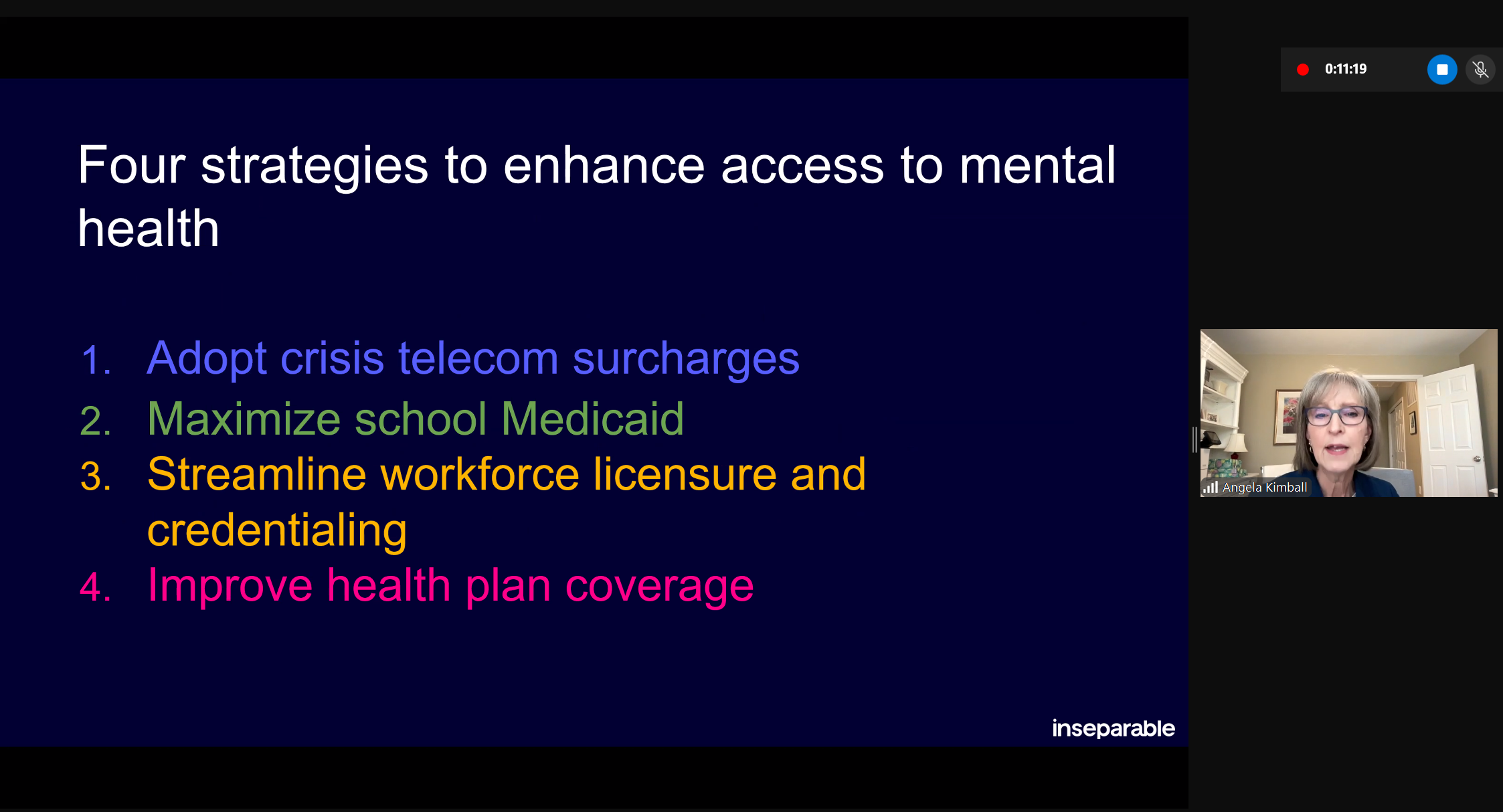Chairman Baucus, Ranking Member Hatch, and members of the committee, the nation’s governors appreciate your interest in considering how federal legislation may impact state taxation. For governors, the core principle Congress should adhere to regarding state taxation is simple: decisions about state revenue systems and state taxation should be made by elected officials in the states, not the federal government.
This principle is particularly important as states continue to emerge from the recession. Unlike the federal government, states must balance their budgets. This requires states to make up for lost or decreased revenues by cutting spending and services or raising revenues.
As this committee, and Congress as a whole, considers legislation to spur the economy, create jobs, promote competitiveness or reform taxes, it should do so with an eye towards the critical role states play in promoting recovery. Specifically, any federal legislation that would impact state taxes or taxing authority should follow the guidelines of do no harm, preserve flexibility, be clear and respect state sovereignty.
Fiscal Condition of States
As Congress examines the possible effects of federal tax reform on state governments, it is important to review the current fiscal condition of states. Since the depth of the recession, the overall fiscal condition of states has improved, but states continue to face fiscal pressures that are slowing their recovery. In fact, for many states, aggregate state revenues and spending remain below those recorded in 2008. Since that time, states have filled more than $325 billion in budget gaps through cuts to spending and services and revenue increases and yet still face another $30 billion in gaps for fiscal year 2013.
Part of states’ fiscal challenges come from programs such as Medicaid. Although revenues and expenditures are growing slowly, Medicaid spending is outpacing revenue growth. This growth is fueled by increased enrollments, the end of federal funds associated with the enhanced matching rate of state costs from the Recovery Act, and higher per capita health care costs in general. In many states, Medicaid has overtaken K-12 education as the largest single expense item in state budgets.
States also face a fiscal “squeeze” from both federal and local governments. Widely anticipated declines in federal support will certainly have an impact on resources available to states, as will strong pressure from local governments to increase aid while restoring previous cuts. Although not every state reduced the amount of aid provided to local governments, overall, states redirected previously allocated aid to local governments to the general fund to help satisfy the increasing demand for state services in the face of slowly rising revenues.
What this means for Congress is that any tax changes at the federal level must be measured against their fiscal impact at the state level. Federal policies that interfere with states’ authority to manage their fiscal systems risk weakening states’ fiscal condition and further prolonging their economic recovery.
Guidelines for federal legislation related to state taxation
Governors believe federal action should favor the preservation of state sovereignty when legislating or regulating activity in the states. This is particularly true when it comes to actions that affect the ability of states to manage their revenue systems. The independent ability of states to develop and manage their own revenue systems is a basic tenet of our federal system. Therefore, the federal government should avoid legislation and regulations that would serve to preempt or prohibit, either directly or indirectly, sources of state revenues or state taxation methods that are otherwise constitutional.
Since adoption of the U.S. Constitution, Congress has generally respected state sovereignty with regard to state taxes. Unfortunately, that trend has begun to change over the last few years as Congress has increasingly restricted the rights of states to determine their own tax structure.
As this committee considers whether to take up legislation related to state taxation, governors encourage the committee to review all proposals in light of the following guidelines:
- Do no harm: Legislation dealing with state taxing authority should not disproportionately reduce existing state revenues. This principle is especially important at a time when states are cutting core services to meet balanced budget requirements. Federal unfunded mandates or limits on state authority will only exacerbate the fiscal problems states currently face.
- Preserve flexibility: The recession forced all governors and states to ask fundamental questions about the role of government. These questions have led to changes at the state level that could have long-term, positive effects on the delivery of services, modernizing revenue systems and holding government accountable. States should not be hindered in their pursuit of these reforms by federal legislation that restricts a state’s authority to act.
- Be clear: Federal legislation, especially in the context of state taxation, should be clear to limit ambiguity or the need for expensive and time-consuming litigation.
- Respect state sovereignty: The independent ability of states to develop their own revenue systems is a basic tenet of self-government and our federalist system. The federal government should not enact any legislation that would preempt, either directly or indirectly, sources of state revenues, state tax bases, or state taxation methods without the input and support of states.
Marketplace Fairness:
The National Governors Association (NGA) urges Congress to honor these guidelines and level the playing field between out-of-state and in-state retailers by authorizing states to require remote vendors to collect state sales taxes.
Specifically, governors are encouraged by the introduction of the “Marketplace Fairness Act” (S. 1832), and the “Marketplace Equity Act,” (H.R. 3179). Although the two bills are not identical, each bill would authorize states to require the collection of sales taxes in return for the implementation of tax simplifications that can help all businesses and create fairer competition.
For states, each bill represents the opportunity to collect more than $22 billion in sales taxes that are currently owed states. The ability of consumers to avoid paying appropriate state sales taxes was permitted by U.S. Supreme Court rulings in Bellas Hess v. Illinois and Quill Corp. v. North Dakota that say a state may not require a seller that does not have a physical presence in the state to collect tax on sales into the state. Consequently, the requirement to pay taxes on remote sales falls not to sellers but to consumers in the form of “Use” taxes, which are filed with year-end tax returns when they are filed at all.
This problem is compounded by the explosive growth of the Internet, which allows remote businesses to compete with local brick and mortar stores for local customers. During the recent recession, as sales in brick and mortar stores retreated, Internet sales continued to grow at a double digit rate with recent figures showing sales of more than $308 billion this past year. As such, the Internet facilitates tax avoidance; the lack of an effective system to collect sales taxes at the time of purchase causes many Americans to incur – but not pay – the taxes they legally owe.
NGA calls on Congress to examine the different proposals pending before it and move ahead with legislation that will help states modernize their sales tax systems and bring them into the 21st century. Specifically, NGA recommends that the legislation include a specific and clear grant of authority to states to require remote vendors to collect sales taxes; provide a small business exception that exempts genuinely small businesses from collection requirements; avoid impinging on states’ authority to establish or remove a tax or set rates it finds appropriate; and not limit state authority over other forms of state taxation.
Background:
The Streamlined Sales and Use Tax Project (Project) was initiated by NGA and the National Conference of State Legislatures in the fall of 1999. The goal of the Project was to find solutions for the complexity in state sales tax systems that resulted in the U.S. Supreme Court holding that a state may not require a remote seller without a physical presence in the state to collect tax on sales into the state.
As a result of the Supreme Court decisions, local brick-and-mortar stores operate at a competitive disadvantage with remote sellers who do not collect sales taxes. Local stores find themselves serving as showrooms for Internet and catalog sellers. Prospective customers check out the merchandise locally then buy the product online or through a catalog to avoid paying sales tax.
To address this problem, the Project generated the Streamlined Sales and Use Tax Agreement (SSTA), a cooperative effort of 44 states, the District of Columbia, local governments and the business community to simplify sales and use tax collection and administration by retailers and states. The SSTA minimizes costs and administrative burdens on retailers that collect sales tax, particularly retailers operating in multiple states. It also encourages “remote sellers” selling over the Internet and by mail order to voluntarily collect tax on sales to customers living in states that comply with the SSTA.
To date 1,736 retailers have volunteered to collect sales tax in streamlined states and have remitted more than $1 billion in sales taxes that would previously have gone uncollected. This amount, however, pales in comparison to what could be collected under a nationwide system authorized by Congress through federal legislation.
Federal Legislation:
NGA has supported several different bills over the years to grant states collection authority over remote vendors. As stated above, NGA’s support for legislation is not tied to specific legislation, but to core elements that governors believe should be part of any federal grant of authority to states.
First, federal legislation must specifically grant authority to states to require remote vendors to collect sales and use taxes on sales of taxable products and services delivered into their jurisdiction. More importantly, since the grant of authority is tied to meeting certain simplifications, the legislation should recognize the efforts of states which are compliant with the SSTA by granting them the authority to collect immediately. If an alternate path is offered for non-SSTA states, the requirements must be clear so as to avoid litigation when the state makes changes to gain collection authority.
Second, the legislation should include a small business exception that exempts genuinely small sellers from the collection requirements. While governors have never specified a level for the small business exception, the size of the exception should be sufficient to relieve the smallest businesses from collection authority, but small enough to ensure the exception does not swallow the rule. Compliance with the law will be made easier by software made available to small businesses to aid compliance. Any exception will preserve a portion of the tax collection gap states are working to close. NGA encourages Congress to set a low small business exception while allowing states to increase the exception as appropriate.
Third, the legislation should not dictate rates or mandate the existence or removal of a sales tax. The ability of a state to manage its own fiscal system is at the core of state sovereignty and our federal system. States should be given maximum flexibility to determine the structure and level of taxation while meeting certain simplifications that promote efficiency and enhance the ability of sellers to collect and remit sales taxes.
Additional tax legislation:
NGA does not favor combining federal legislation like the Marketplace Fairness Act with bills that would restrict state authority or that fail to meet governors’ recommended guidelines.
A clear example of the type of legislation NGA opposes is the Business Activity Tax Simplification Act (H.R. 1439); a House bill that would mandate a physical presence nexus standard for all business activity taxes. Not only would the bill harm states by significantly reducing revenues, its exemptions would also lead to endless litigation, eliminate state authority to tax companies earning profits in their states and favor businesses profitable enough to afford aggressive tax planning over smaller, local businesses.
Likewise, bills that limit or prohibit states’ ability to tax are blunt instruments that directly interfere with state sovereignty. Even bills that purport to establish uniform rules for taxation must be carefully crafted so as not to unwittingly interfere with state authority. Bills such as S. 971, the Digital Goods and Services Tax Fairness Act claim to establish clear rules for sourcing transactions of digital goods, but they fail to adequately define the types of taxation subject to the bill and could have unintended consequences for states. This is the type of bill where Congress should insist that industry and states to work together to find common ground and craft workable legislation that has the support of industry, states and consumers.
Tax treatment of interest on municipal bonds and other public finance matters:
In addition to legislation that could affect states’ authority to tax, Congress should carefully consider the impact of changes to federal tax provisions that benefit states. For example, given the post-recession inventory of unmet infrastructure needs, proposals to adjust the current interest deduction for tax-exempt bonds would threaten the primary mechanism for funding the nation’s public works.
Through the tax exemption, the federal government provides critical support for the development and maintenance of essential facilities and services, which it cannot reasonably deliver by any other means. Unlike corporate bonds, the default rate in the approximately $2.8 trillion municipal bond market remains well below one percent. Long-term municipal bonds generally fund infrastructure investments, not operating expenses. Aggregate interest payments on state and local debt account for less than five percent of current expenditures, and aggregate state debt load as a share of GDP, while rising somewhat during the recession, remains within its historical range (12-18 percent).
No effective substitute for tax-exempt bonds exists. Investor demand for alternatives like tax credit bonds is insufficient, at best. Taxable direct subsidy bonds permitted for issue during 2009 and 2010 only complemented tax-exempt bonds, but only when the taxable bonds provided a subsidy far greater than the benefit to investors from interest deductibility.
If municipal bond interest were taxable, or if the federal tax-exempt status on state and local bonds were capped or lifted, the cost of borrowing, and therefore of financing infrastructure would rise for states. Ultimately, this cost would be borne by taxpayers through reduced infrastructure spending, higher taxes, or both.
Governors should be at the negotiating table and the impact of federal tax decisions on states given the highest consideration as federal policymakers consider federal tax reform. Shifting the federal system of income taxation to something else like a sales or consumption tax could damage administrative viability and limit state control of their tax systems because of federal encroachment into the traditional tax base of states. Corporate and individual income tax reform could also have consequences for state collections since state taxes are often linked to federal definitions. Finally, ending certain federal tax deductions for state and local income, property or sales taxes must be carefully considered to avoid unintended consequences.
Conclusion:
Congress, through its authority under the Commerce Clause of the U.S. Constitution, has broad authority that can impact state taxation. The key question is when and how should that authority be used. The Marketplace Fairness Act represents the type of collaborative solution that is possible when states, industry and Congress work together to address difficult tax issues that require federal action.
Governors believe that the ability of states to develop and manage their fiscal systems is a core element of sovereignty – one that should not be interfered with unless absolutely necessary to preserve interstate commerce. Governors urge Congress to support bills like the Marketplace Fairness Act and to encourage all stakeholders to work together to find mutually beneficial solutions to issues that could affect state and local taxation.












